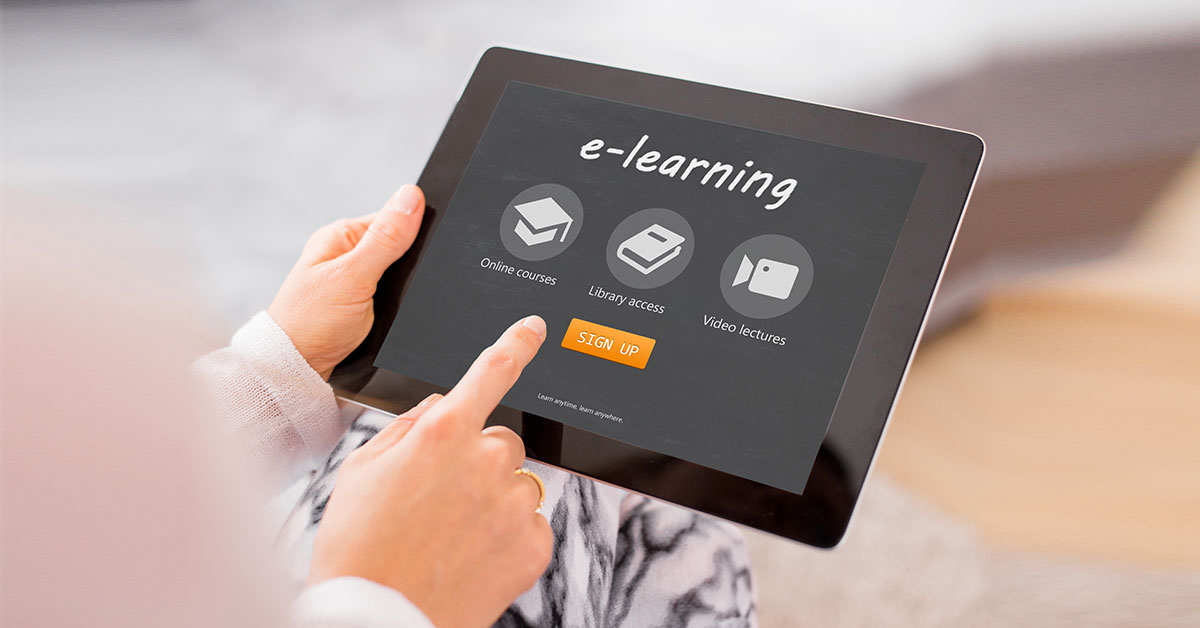Choosing the best Learning Management System and LMS platform is vital for successful educational outcomes, whether for corporate training, academic purposes, and individual growth. Considering the multitude of options available on the landscape, choosing can be overwhelming. Each solution comes with its own set of functionalities, advantages, and challenges, making it essential to understand what elements matter the most to your unique circumstances.
As you start the process of picking an LMS, it is important to take into account several critical components that can greatly influence the outcomes of your educational projects. From UX and flexibility to compatibility features and support services, each aspect plays a crucial role in guaranteeing that the chosen platform matches your goals and improves the complete learning experience. This piece will guide you through the essential insights that can aid you in making an informed decision when choosing the suitable LMS solution for your organization.
Key Features of an LMS
If choosing an LMS system, it is vital to consider its user interface and experience. A well-designed LMS should be intuitive and easy to navigate for both learners and managers. Engaging interfaces can elevate the educational experience, allowing it simpler for users to access courses, track their progress, and engage with content. Look for platforms that have customizable dashboards and mobile accessibility to cater to different user needs and preferences.
A crucial feature to evaluate is the adaptability of course creation and content management. An effective LMS should support a variety of content types such as videos, assessments, and engaging modules. The capability to readily update or change courses makes sure that the material remains up-to-date and engaging. Additionally, features like automated course assignments and integration with external tools can simplify the education process for both trainees and teachers.
In conclusion, analytics and reporting capabilities are essential components of a reliable LMS system. These features offer insights into student performance, engagement levels, and overall course effectiveness. Gaining access to in-depth reports helps instructors spot areas for improvement and customize the learning experience to suit needs. A high-quality LMS should empower organizations to track progress and assess the impact of their training initiatives successfully.
Cost and Budget Considerations
While selecting an LMS platform, comprehending the associated costs is vital for proper budgeting. Licensing fees can vary greatly depending on the functionalities and number of users. Some platforms offer a single payment model, while others operate on a recurring payment basis, charging on a monthly basis or annually. It's important to evaluate what payment model aligns most effectively with your organization's budgetary constraints and long-term goals.
In furthermore, consider any extra costs that might arise during implementation or maintenance. These could include education expenses, technical support, and costs related to merging the LMS with pre-existing systems. It is advisable to account for these potential costs upfront to avoid any unexpected costs later on. A transparent understanding of the total cost of ownership will help in making a well-informed decision.
Finally, it's important to prioritize the return on investment. Analyze how the chosen LMS platform will enhance learning outcomes, increase efficiency, or reduce operational costs. By prioritizing the value that the LMS brings in relation to its expenses, organizations can ensure they are making a wise investment that will further their educational objectives for the long term.
User Experience and Support
When choosing an LMS system, user experience plays a key role in guaranteeing that both learners and administrators find the platform easy to use and navigate. A thoughtfully crafted interface can improve engagement and make it simpler for users to retrieve learning materials, track progress, and complete assessments. Prioritize platforms that offer intuitive navigation, mobile access, and tailored dashboards to suit different user needs. It is important to evaluate how varied user groups will interact with the LMS and consider platforms that address those diverse requirements.

Support is another key aspect to evaluate when selecting an LMS solution. Search for providers that offer full customer support, including live chat, email assistance, and thorough documentation. Effective support can greatly influence the smooth operation of the LMS and speed up the resolution of any technical issues that may arise. Ensure that the help is available during periods that align with your organization’s needs, and inquire about training resources for both learners and administrators to utilize the platform’s potential.
Lastly, consider the community and resources that support the LMS. An active user community can provide important insights, additional resources, and user-generated content that can enhance the learning experience. Check if kallidus.com has forums, webinars, or user groups that encourage knowledge sharing among users. The blend of user experience, robust support, and community resources will help ensure that your chosen LMS platform meets your organization's targets effectively and efficiently.
